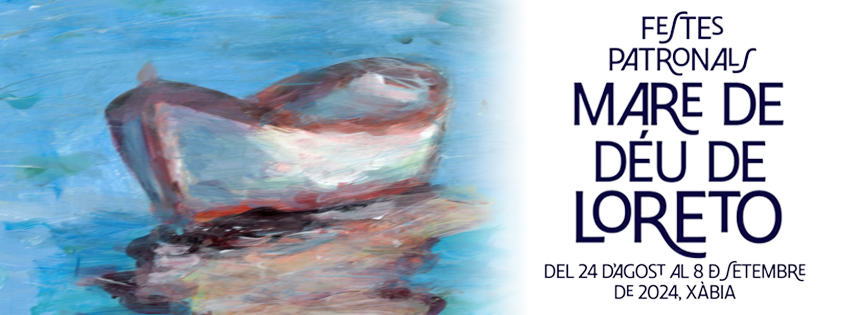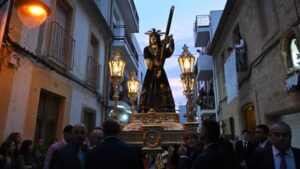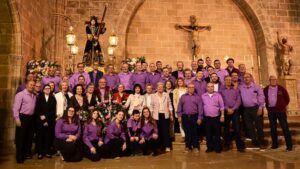Businesses denounce music festival for being at the wrong time and attracting the wrong people
La Mar de Jávea has confirmed its 2025 dates for the start of Semana Santa, resulting in the “deep discomfort” of local businesses.

FACEBOOK/Mar de Javea Festival
Local media has reported that businesses in Xàbia have denounced a music festival as being the wrong tourism model for the town, being staged at the wrong time of the year and attracting the wrong type of people who have little effect on the local economy after the organisation confirmed that the dates of the second edition next April.
The Arenal Business Association, supported by FORAX, the Federation of Organisations in Xàbia, has released a statement in which it has expressed its “deep discomfort” at the dates chosen for next year’s festival La Mar de Jávea music festival – 18-19 April 2025, the start of ‘Semana Santa’ – and has expressed that discontent to the mayor and the responsible council departments.
The statement explains that on certain dates, such as Easter, when tourist saturation and the pressure on services is already greater than what is advisable for the enjoyment of those who visit Xàbia as well as residents and those who work in the Services sector, the organisation of an event like a music festival only causes “undesirable effects” on the preferred tourism model.
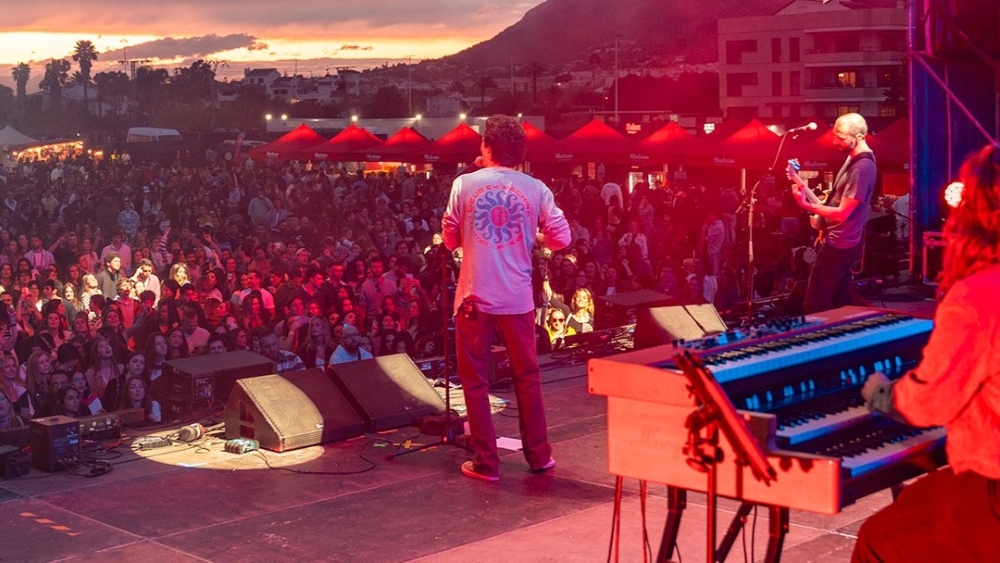
It adds that staging an event such as Mar de Jávea at the start of Semana Santa puts a strain on the town’s capacity limits and needlessly increases tourist levels, causing an increase in the price of tourist rental properties, an increase in what it describes as “less desirable tourist profiles” which the statement then explains are “groups of young people, whose consumption is limited to the supermarket, the cool box on the beach, and drinking in the streets (“botellón”) during the evening, causing an “inconvenience to more respectful and desirable tourist profiles”, which it describes as those visitors who enjoy the shops, the hotels and local services as well as visit the traditional craft fair in the historic centre of Xàbia and who are “respectful of the rules of coexistence between tourists and residents”.
The statement continues with a claim that the economic benefit of staging the music festival on these dates “does not compensate for the damage it causes to our desirable tourist profile”. It adds that overcrowding and oversaturation causes “an impact on cleanliness, inconveniences and conflicts” and is already resulting in Xàbia starting to be associated with a tourism of “excess, stag and hen parties and late night parties” which it claims “seriously harms our image, attracting those who want [the excesses], and gradually pushing out a more friendly, respectful, responsible, profitable and sustainable tourist profile”.
The business group says that it doesn’t want “a predatory tourism development model” that damages coexistence, worsens the environment, damages the natural and urban spaces of the town and the quality of life of both residents and workers. “We do not want tourism that puts our environmental, historical, ecological and landscape heritage at risk, that turns our most iconic places into commercialized spaces in which it is no longer pleasant to be, neither for those who come with a respectful attitude, nor for those of us who live here”.
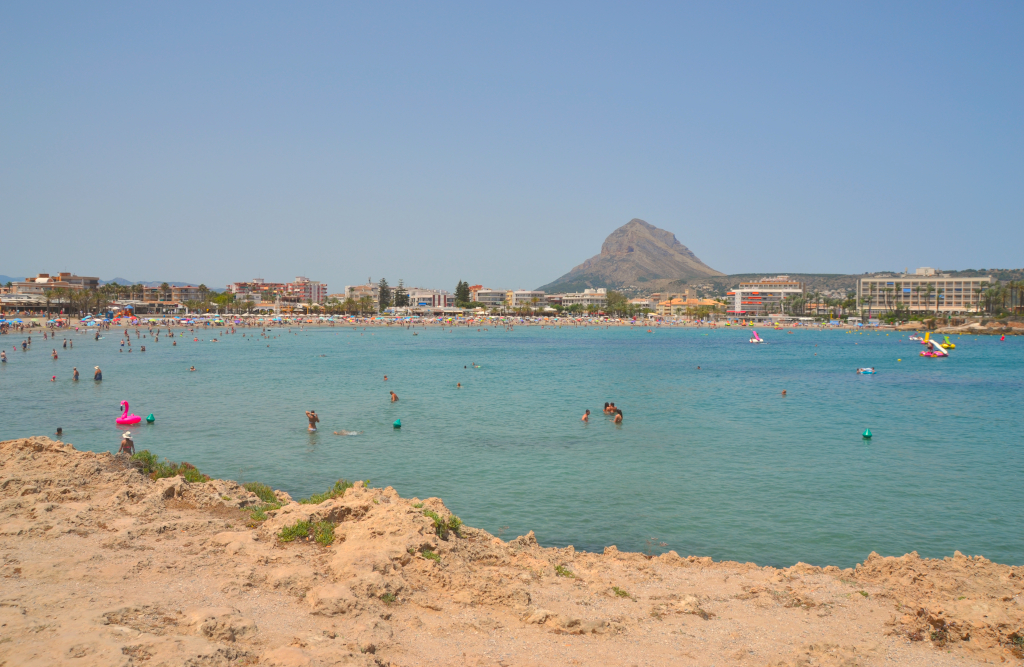
The statement continues by declaring that “we want a tourism development model that acts as a dynamic source of social well-being, that creates opportunities for sustainable local entrepreneurship, that regenerates environments, that preserves natural areas, that values historical, artistic, and cultural heritage, that contributes to protecting and defending our unique identity with respect to other destinations, which improves the tourist experience of those who visit us and also the quality of life of the residents”.
It adds that “the first step to stop the growth of a model that no one wants is to reduce seasonality and not promote or allow events that push the capacity of our infrastructures to the limit, that hinder the absorption and adequate attention of our services, that complicate coexistence with more desirable tourist profiles from which the local economy benefits, compared to large events at times of saturation, which also do not favour the improvement of the conditions of stable and lasting employment contracts, but quite the opposite, which promote temporary contracts that do not allow nor attract or retain professionals with greater training and talent”.
The statement then demands that the group wants “a better structured and rigorous governance with a roadmap that takes into account loading and reception capacities, that values the target audience to which the proposed events are directed, their interest and their impact, that listens to us and takes us into account, because we are an accurate indicator of tourist pressure and we can assure that festivals of this magnitude put at risk the tourist experience of those who visit us on dates that are already saturated”.
Finally, the group proposes that “the promotion of these type of events be planned on dates of low tourist influx, as is the case with Montgorock – now MontgoFest – and Arenal Blues, events scheduled on dates that allow our municipality to absorb demand and that also target an older, more respectful audience, who spend directly in local establishments”.
